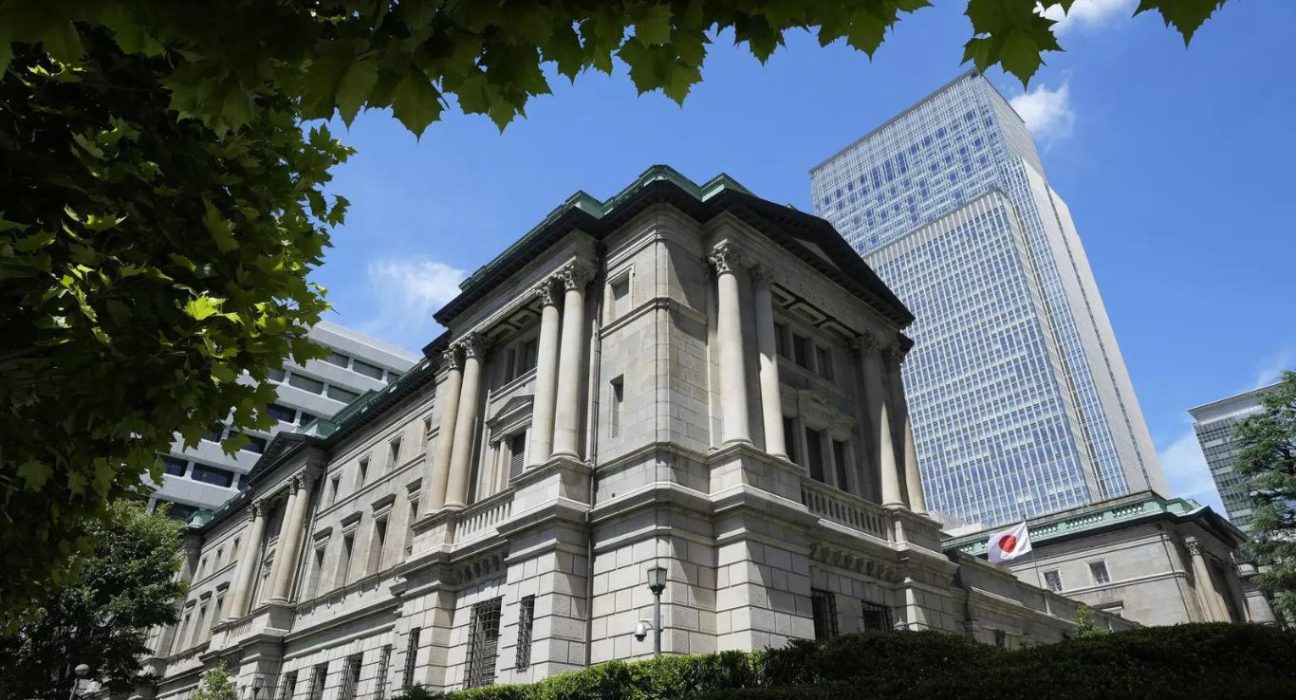Bank of Japan (BOJ) Governor Kazuo Ueda recently underscored the central bank’s unwavering stance on maintaining ultra-loose monetary policy, providing reassurance to the markets amidst a global battle against stubbornly high inflation. As Japan’s inflation surpasses the BOJ’s 2% target, Ueda emphasized that the rise is primarily driven by cost-push factors rather than robust domestic demand. Ueda further expressed concerns that adopting tighter monetary policies in response to price increases would have detrimental effects on the Japanese economy.
BOJ Governor Ueda Stands Firm on Ultra-Loose Monetary Policy
Governor Kazuo Ueda reiterated the BOJ’s commitment to patient and steadfastly maintaining ultra-loose monetary policy as a response to rising inflation in Japan. Despite the global trend of central banks grappling with mounting inflationary pressures, Ueda assured the markets that the BOJ would remain a dovish outlier. This commitment signifies the central bank’s dedication to supporting the economy through an extended period of loose monetary conditions.
The Nature of Rising Japanese Inflation
Ueda emphasized that the recent surge in Japanese inflation is predominantly driven by cost-push factors rather than robust domestic demand. While many countries experience rising inflation due to increased consumer spending, Japan’s situation is distinct. Factors such as higher energy costs, supply chain disruptions, and elevated global commodity prices have significantly contributed to the inflationary pressures faced by the country. Ueda highlighted the importance of understanding the root causes of inflation to guide appropriate monetary policy responses.
The Dangers of Tighter Monetary Policy on the Japanese Economy
Governor Ueda expressed concerns regarding the potential adverse impact of tightening monetary policy in response to rising inflation. He argued that implementing tighter policies prematurely could harm the fragile Japanese economy, which heavily relies on a delicate balance of factors to sustain growth. Ueda stressed that adopting a hawkish approach might jeopardize the recovery process, impede business investments, and potentially hinder employment growth. By maintaining ultra-loose monetary policy, the BOJ aims to provide stability and support for the economy during this critical phase.
BOJ’s Strategic Approach to Inflation Control
Despite the BOJ’s commitment to ultra-loose monetary policy, Governor Ueda acknowledged the importance of ensuring price stability and anchoring inflation expectations. While the current inflationary pressures are predominantly driven by external factors, Ueda emphasized the need to closely monitor the evolving economic landscape and adjust policies accordingly. The BOJ will continue to assess the impact of inflation on the broader economy and make necessary adjustments to its monetary policy framework to achieve sustainable growth.
Implications for Japan’s Economy and Global Markets
BOJ’s resolute commitment to ultra-loose monetary policy has several implications for Japan’s economy and global markets. Domestically, the continued loose policy is expected to support borrowing conditions, encourage investment, and maintain favorable lending rates, thereby promoting economic growth. Moreover, the BOJ’s stance provides stability to the markets by assuring investors and businesses of a supportive monetary environment.
On a global scale, Japan’s position as a dovish outlier among central banks grappling with inflationary pressures may influence global market dynamics. The BOJ’s patient and cautious approach to monetary policy serves as a benchmark for other central banks and helps shape market expectations. Additionally, the BOJ’s commitment to maintaining ultra-loose policy acts as a counterbalance to the tightening measures adopted by some other economies. Consequently, this divergence in monetary policies could impact currency exchange rates and global investment flows.
In conclusion, Bank of Japan Governor Kazuo Ueda reaffirmed the central bank’s commitment to patiently maintain ultra-loose monetary policy despite rising inflation driven by cost-push factors. By emphasizing the potential risks of prematurely tightening monetary policy, Ueda aims to provide stability and support for Japan’s fragile economy. The BOJ’s stance as a dovish outlier amid global inflation concerns carries implications for Japan’s domestic growth as well as global market dynamics.










